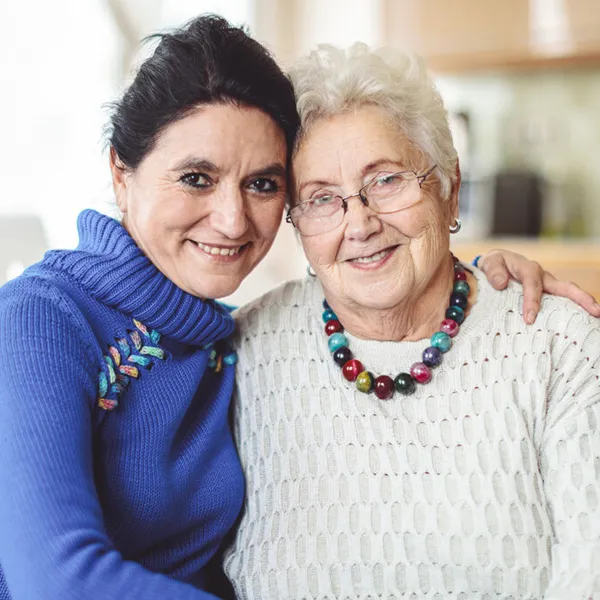
Your Gift Can Make 2x the Impact
Your Gift Can Make 2x the Impact
A gift can go twice as far during our February $100,000 2x Match. Your contribution by Feb. 27 will fuel Alzheimer’s research and help provide essential care and support.
Donate NowFollowing up on previous research that showed cognitive benefits of both working and volunteering after the typical retirement age, University of Colorado researcher Dr. Ronica Rooks is continuing her investigation to determine how different working environments can affect the outcome.
Working longer offers cognitive benefits – new research explores why
Both working longer and volunteering after the traditional retirement age offer benefits for cognitive health, according to Dr. Ronica Rooks. Now, the University of Colorado researcher is digging deeper into the subject to determine what factors, particularly in the workplace, provide the greatest benefits.
In her expanded study, funded by the Alzheimer’s Association, Dr. Rooks is examining national data going back to the 1990s to provide information to differentiate cognitive benefits of working beyond the traditional retirement age based on factors including:
- The industry and size of the business or organization
- Use of technology
- Workplace characteristics, including factors such as teamwork, social isolation, etc.
- Socialization opportunities within the workplace
- The racial and ethnic composition of the workforce
- The existence of workplace wellness and other supporting programs
 “Working gives people support and relationships, a meaningful purpose, physical activity and protection from isolation,” said Dr. Rooks. “But there is a lot of variety in workplaces.”
“Working gives people support and relationships, a meaningful purpose, physical activity and protection from isolation,” said Dr. Rooks. “But there is a lot of variety in workplaces.”
Original study results
Dr. Rooks’ initial study showed definitively that both volunteering and working longer provided “protective benefits for cognitive functioning likely related to associated social engagement and physical activity that are protective for brain health.” Some of the study’s findings were:
- A regional sample of Black and White adults aged 70 to 79 showed that among women, without considering other socio-demographic measures, working and volunteering reduced the dementia risk for the group by 30% and 24%, respectively.
- Women were shown to benefit more from productive activities than men, as study results were not significant among men. “After considering socio-demographic measures, women were definitely more likely to benefit from volunteering,” Dr. Rooks said, noting that more research was needed to understand the differences.
- Well-functioning older Black adults were more likely to work than their White counterparts.
The cognitive benefits related to volunteering were more clearcut, according to Dr. Rooks.
“The research showed that people who volunteer have protective benefits for cognitive functioning likely related to associated social engagement and physical activity that are protective for brain health,” she said. “Not all work is created equal, but volunteering is created equal: it’s satisfying and rewarding.”
The literature was mixed on working, Dr. Rooks stated, because there can be different types of physically demanding work in a range of occupations.
“For jobs involving a lot of heavy lifting and manual labor, there may not be so much (cognitive benefit),” she said.
The expanded study
The new study will have the benefit of more expansive data, collected between 2000 and 2022, creating a more complete national racial and ethnic picture of the country.
And by focusing on working versus both working and volunteering, it will enable Dr. Rooks and her team to delve deeper into organizational structures, workplace dynamics and into differences that may exist even within companies in the same industry.
“In addition to evaluating two decades of data, we’ll be doing some original pilot research to explore reasons why people continue to work with mild cognitive impairment to better understand motivations and disincentives,” she said.
Alzheimer's Association research
Dr. Rooks’ research project is one of more than 1,150 research initiatives the Association is currently funding in 57 countries. The world’s largest non-profit funder of Alzheimer’s research, the Alzheimer's Association currently has over $430 million invested in active projects.
